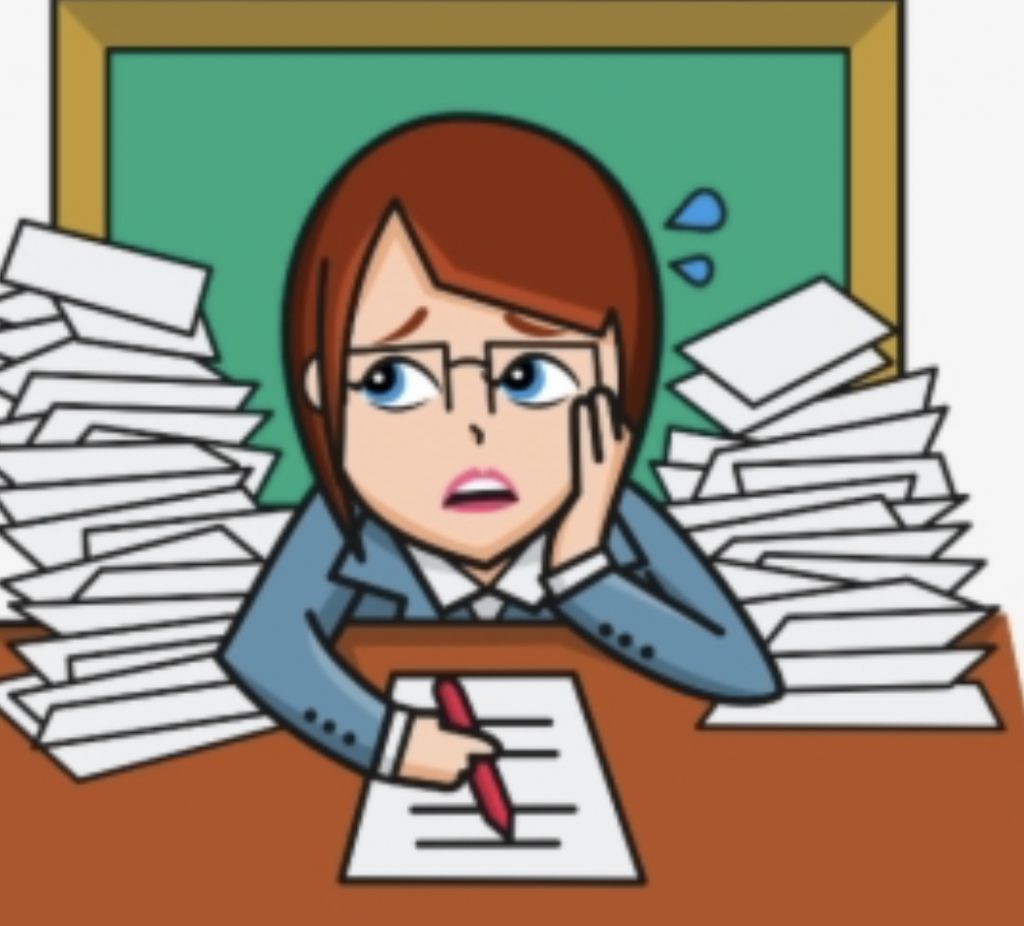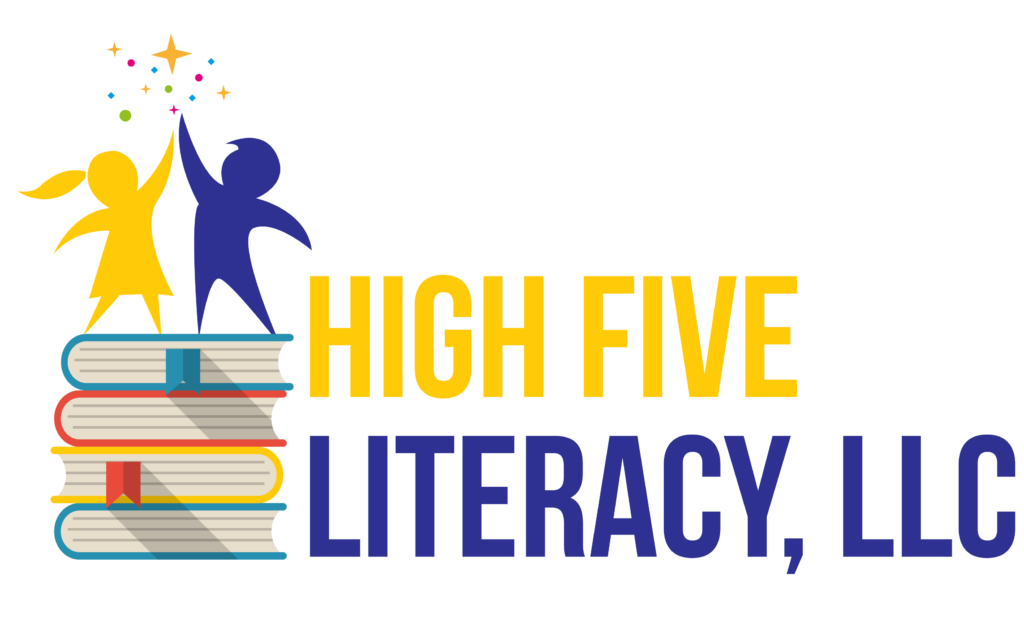
WHAT WERE SOME CONCERNS YOU HAD ABOUT YOUR CHILD’S READING PROGRESS WHEN HE BEGAN SCHOOL?
Before my child started kindergarten, I was concerned that he couldn’t rhyme or match letters to their sound, say the alphabet in order, or pronounce familiar words. He was so ahead in other areas but the “nitty gritty” was off. He made little to no progress as he moved to first and second grade.
DID YOUR CHILD HAVE DELAYS IN ANY DEVELOPMENTAL MILESTONES OR DIFFICULTIES WITH SPEECH AND LANGUAGE?
As a baby/toddler, my child did not have any delays in developmental milestones. In some areas, he was “ahead of the curve.” However, there was always a deficit in the phonological awareness piece. When he was in kindergarten, he received early intervention in speech and language to help with his difficulty in rhyming, blending letter sounds, etc. It was in first grade when everything fell apart.
DID YOU SHARE YOUR CONCERNS WITH HIS TEACHERS AND ADMINISTRATORS? WHAT WAS THEIR RESPONSE?
I did share my concerns, and they listened and did agree with some of my concerns. In kindergarten, he was given speech (1x/cycle), OT (1x/cycle), and reading (Leveled Literacy Intervention -LLI- 3x/cycle). In first grade, he received reading 5x/cycle (4 days LLI and 1 day of Explode the Code – to address the “decoding” deficits). Unfortunately, the area he struggled with the most was serviced only once every 6 days.
DID ANYONE AT THE SCHOOL RECOGNIZE DYSLEXIA AND WAS ANYONE EQUIPPED TO TEACH HIM?
No, they did not recognize dyslexia. His K/1 reading teacher was not equipped at all and had no input/ideas on how to help him. She just kept following the LLI path. It wasn’t until he received outside help and changed reading teachers within his school.
DID YOU KNOW WHAT DYSLEXIA WAS WHEN YOUR CHILD WAS BORN? DID YOU LEARN ABOUT IT IN YOUR TEACHER EDUCATION PROGRAM?
Yes, I knew what dyslexia was. When I taught prior to becoming a mom, I did notice some “red flags” with some of my students that were considered possible signs of dyslexia. I tried my hardest to help them but was not trained, as I never learned about or was formally trained in explicit instruction/strategies. Anything I implemented in the classroom was tucked into the course of the day and based upon my own research.
HOW WERE YOU TAUGHT TO TEACH CHILDREN TO READ? WHAT ARE SOME EXAMPLES OF THE CONTENT OF READING COURSES?
I was a career changer and received my masters in Elementary Education (1-6). Honestly, I cannot remember specifics of how I was taught to teach children to read. I recall spending a lot of time practicing and analyzing Marie Clay’s running records and finding good literature to match up with themes. When I became a teacher, I was swallowed up by the Teachers College (TC) curriculum. In school, professional development, workshops, curriculum planning, etc. all revolved around the TC curriculum.
DID YOU USE THE STRATEGIES YOU WERE TAUGHT TO HELP YOUR OWN CHILD TO READ? DID IT WORK?
For a small amount of time, I did try some strategies. However, comprehension and inferential thinking were never issues for him. My child was/is above in those areas. However, asking questions, such as, “Does it look right, sound right, make sense?” didn’t work because in his mind, the answer was always yes. I realized early on that everything I learned was not going to work with my child.
WHEN DID YOU REALIZE YOUR CHILD NEEDED OUTSIDE HELP? HOW DID YOU FEEL WHEN YOU COULDN’T HELP YOUR OWN CHILD TO READ?
I realized in first grade. He wasn’t making any progress. He was failing every Wilson Fundations test, a classroom phonics program, and no one seemed concerned that he was consistently getting 30% or 40% on them. He didn’t know the sounds, was unable to spell, and couldn’t grasp their expectation of sight words. I requested a full evaluation and was denied special education services. I was told his reading services would increase to everyday and a new program, Explode the Code, would be implemented to help with the phonic deficits. I hired a reading teacher from another school to work with my child, but, as much as she tried and wanted to help, she was not equipped. It was really just an extension of LLI. With LLI, my child was able to compensate for his inability to decode. In second grade, I found High Five Literacy. Reading the bio, following the blog, etc., I knew this is what he’s been missing.
I felt like a failure that I couldn’t help him in the way he needed. I couldn’t believe that his mother, a teacher, can’t crack this code. I tried! I researched different dyslexia institutes and printed out anything Orton-Gillingham related that he and I could have done together. But it wasn’t enough. I would often cry in private. It’s heartbreaking to watch your child struggle and then slowly realize that he struggles no matter how hard he tries. My tipping point was when he earned 100 on a math test, but his teacher took off one point and made it a 99 because he wrote all of the number 3s backwards. To watch my second grader come home from school, run upstairs, close his bedroom door, and listen to him cry and talk to himself and question why “he is like this” was absolutely heart-shattering.
70% OF MY CLIENTS ARE TEACHERS AND ADMINISTRATORS. WHY DO YOU THINK THIS IS SO?
I have two thoughts on this.
Simply put – You only know what you know. If you believe in how you were taught and what you are teaching, the blinders may go up until you’re forced to take them down…like me. One of his teachers told me that she is frustrated with herself because she doesn’t know what she is doing wrong. Why can’t she help him? She was sad and frustrated.
On the flip side, because we are in the field, we are in the trenches. We are more aware of the expectations, know when something isn’t working, and search when we need to find answers. I often say that I’m not sure where we would be today if I wasn’t in the field of education. I truly believe that being a teacher actually helped me get my son the appropriate help he needed earlier than if I wasn’t a teacher.
WHAT HAPPENED WHEN YOUR CHILD RECEIVED EXPLICIT, SYSTEMATIC PHONICS? WHAT DID YOU LEARN ABOUT READING ALONG THE WAY?
A whole new world opened! It was not all unicorns and rainbows. It was hard work, consistency, and lots of encouragement. What took years to attempt was actually working within a few sessions. I was watching him retrain his brain. His school noticed as well and acknowledged that it was the outside tutoring that was making the real difference. His reading teacher in second, third, and fourth grade has really tried to adopt this approach. She piggy-backed off of you when he was in second grade and always would incorporate the work he did with you. She never discredits anything. She attends as much O-G training and dyslexia professional development as she can. I found myself wondering why this type of work didn’t occur in pre-kindergarten. I was so happy to see him progress with the correct approach but did feel increasingly guilty for all of my former students that could have benefited from explicit, systematic phonics.
NOW THAT YOU KNOW BETTER, ARE YOU SHARING THIS KNOWLEDGE WITH TEACHERS IN YOUR OWN SCHOOL DISTRICT WHERE YOU WORK? WHAT IS THEIR RESPONSE?
I share with anyone who will listen! Most find it interesting but the conversation is centered more around my child and our experience. I also share with former colleagues who still teach in the public-school system and they are starting to take notice in their own classrooms. Some are looking to pursue training in explicit approaches/programs.
DO YOU FEEL YOU WANT TO HELP PARENTS LEARN ABOUT DYSLEXIA?
Yes!!!!! Many parents have reached out to me to discuss my experience, ask for advice, and invite me to attend meetings. I try to help out in any way I can.
DO YOU HAVE A DESIRE TO WORK WITH CHILDREN WHO STRUGGLE TO READ?
Absolutely!! My goal is to become an Orton-Gillingham Associate practitioner.
WHAT DO YOU THINK ABOUT HIGHER EDUCATION, HAVING NOW TRAVELED THROUGH THE MAZE OF DYSLEXIA? DO YOU THINK TEACHER EDUCATION PROGRAMS DO A DISSERVICE?
What I learned is that most teachers (at least in my experience) do have good intentions. That is hopefully why they entered the profession. Higher education must work harder to help future teachers recognize dyslexia and provide tools for all learners.
I can’t speak for all teacher education programs but those that push their own curriculum or one specific curriculum with an agenda do a disservice to their teacher education programs. I also recently spoke with a student teacher who was completing student teaching and graduating. She will start applying for teaching positions and never heard of Orton-Gillingham. So, it appears there’s work to be done.
Faith Borkowskyis the founder of High Five Literacy and Academic Coaching, is a Certified Wilson Dyslexia Practitioner, is Orton-Gillingham trained, and is the author of the award-winning book, Failing Students or Failing Schools? A Parent’s Guide to Reading Instruction and Intervention. Faith is a proud member of the Board of Directors of Teach My Child to Read, a 501(c) non-profit organization with a mission to support and empower students, teachers, and parents through education so all kids, including those with dyslexia, learn to read. Faith is available to provide professional development for teachers and school districts, as well as parent workshops, presentations, and private consultations.

4 Comments. Leave new
This is my story! I knew what my child needed and taught him at home, but it took over a year to get his school IEP team to evaluate him. Finally, the ship has been righted and we are moving in the right direction.
Many explicit programs are 1:1. I am a title teacher that must teach in groups. How can I best serve students with dyslexia in groups?
Trying to alert powers that be in NZ that Marie Clay was not the answer….just an intense more of the same .
I am opposite of this mom and was mother of a son with Dyslexia first and then became a special education/elementary education. The part of this that most difficult now is that the school provides no real curriculum for special education teachers and we know it takes phonics put most schools don’t provide training or curriculum just piece mill work on their IEP goals.